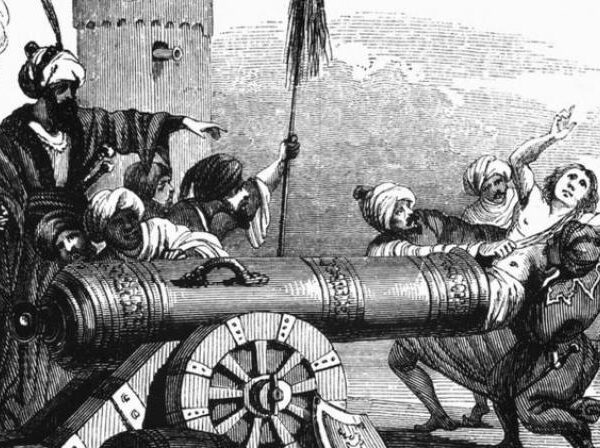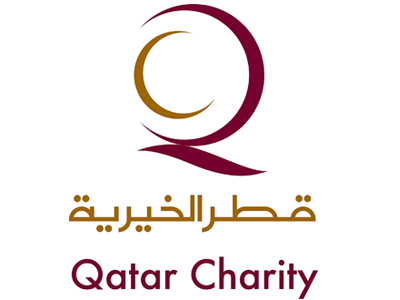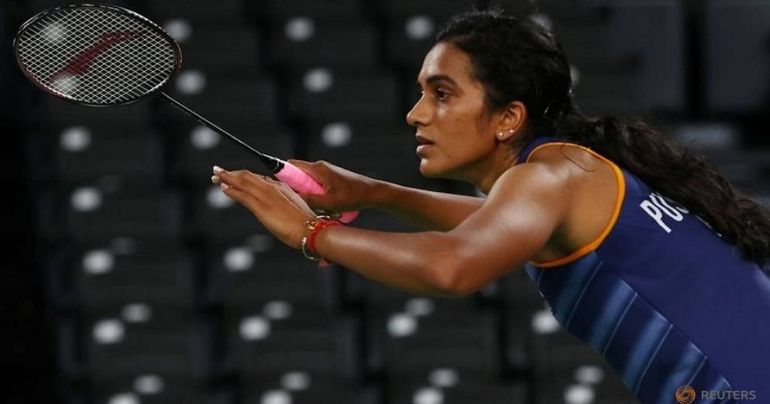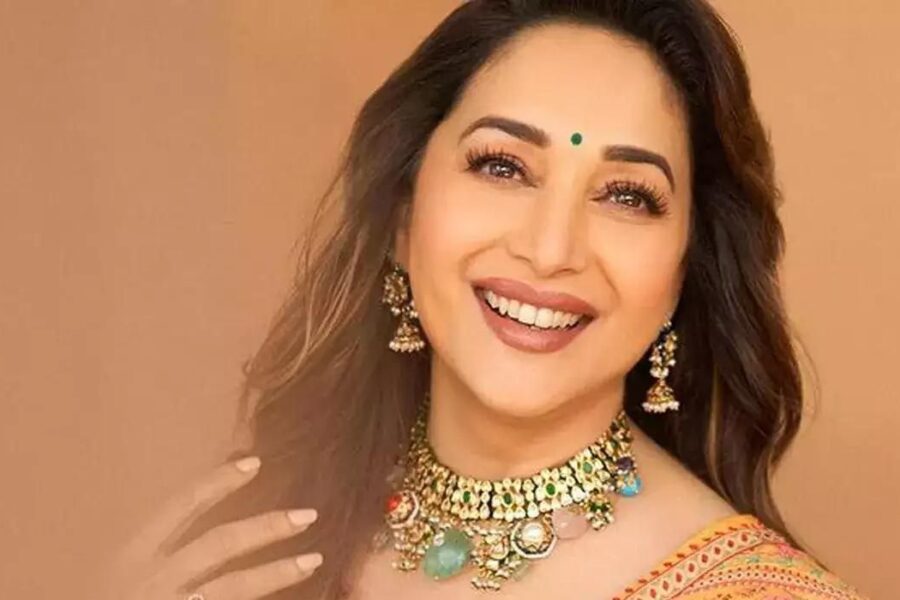Every year on 11 October, UNICEF celebrates the International Day of the Girl – an annual campaign with girls to stand up for their rights and this year’s theme is “My voice, our equal future”.
Twenty-five years ago, some 30,000 women and men from nearly 200 countries arrived in Beijing, China, for the Fourth World Conference on Women, determined to recognize women’s rights as human rights.
The conference culminated in the adoption of the Beijing Declaration and Platform for Action is the most comprehensive policy agenda for gender equality.
It is also the most progressive blueprint ever for advancing the rights of not only women but girls and calls for a world where every girl and woman can realize all her rights, such as to live free from violence, to attend and complete school, to choose when and whom she marries, and to earn equal pay for equal work.
In the years following, women pressed this agenda forward, leading global movements on issues ranging from sexual and reproductive health rights to equal pay.
Today, these movements have expanded. They are being organized by and for adolescent girls – girls from all walks of life who are boldly demanding action against discrimination, violence and poor learning opportunities.
Adolescent girls have the right to a safe, educated, and healthy life, not only during these critical formative years, but also as they mature into women. If effectively supported during the adolescent years, girls have the potential to change the world – both as the empowered girls of today and as tomorrow’s workers, mothers, entrepreneurs, mentors, household heads, and political leaders.
An investment in realising the power of adolescent girls upholds their rights today and promises a more equitable and prosperous future, one in which half of humanity is an equal partner in solving the problems of climate change, political conflict, economic growth, disease prevention, and global sustainability.
Girls are breaking boundaries and barriers posed by stereotypes and exclusion, including those directed at children with disabilities and those living in marginalized communities. As entrepreneurs, innovators and initiators of global movements, girls are creating a world that is relevant for them and future generations.
Every year on 11 October, the International Day of the Girl, UNICEF launches an annual campaign with girls to amplify their voices and stand up for their rights. It focuses attention on the need to address the challenges girls face and to promote girls’ empowerment and the fulfillment of their human rights.
This year, under the theme, “My voice, our equal future”, let’s seize the opportunity to reimagine a better world inspired by adolescent girls – energized and recognized, counted and invested in.
Girls are breaking boundaries and barriers posed by stereotypes and exclusion, including those directed at children with disabilities and those living in marginalized communities. As entrepreneurs, innovators and initiators of global movements, girls are creating a world that is relevant for them and future generations.
Every year on 11 October, the International Day of the Girl, UNICEF launches an annual campaign with girls to amplify their voices and stand up for their rights. It focuses attention on the need to address the challenges girls face and to promote girls’ empowerment and the fulfillment of their human rights.
This year, under the theme, “My voice, our equal future”, let’s seize the opportunity to reimagine a better world inspired by adolescent girls – energized and recognized, counted and invested in.
As adolescent girls worldwide assert their power as change-makers, International Day of the Girl 2020 will focus on their demands to:
• Live free from gender-based violence, harmful practices, and HIV and AIDS
• Learn new skills towards the futures they choose
• Lead as a generation of activists accelerating social change.
Worldwide, nearly 1 in 4 girls aged 15–19 years is neither employed nor in education or training compared to 1 in 10 boys of the same age.
By 2021 around 435 million women and girls will be living on less than $1.90 a day — including 47 million pushed into poverty as a result of COVID-19.
One in 3 women worldwide have experienced physical or sexual violence. Emerging data shows that since the outbreak of COVID-19, violence against women and girls (VAWG), and particularly domestic violence, has intensified.
At least 60% of countries still discriminate against daughters’ rights to inherit land and non-land assets in either law or practice.
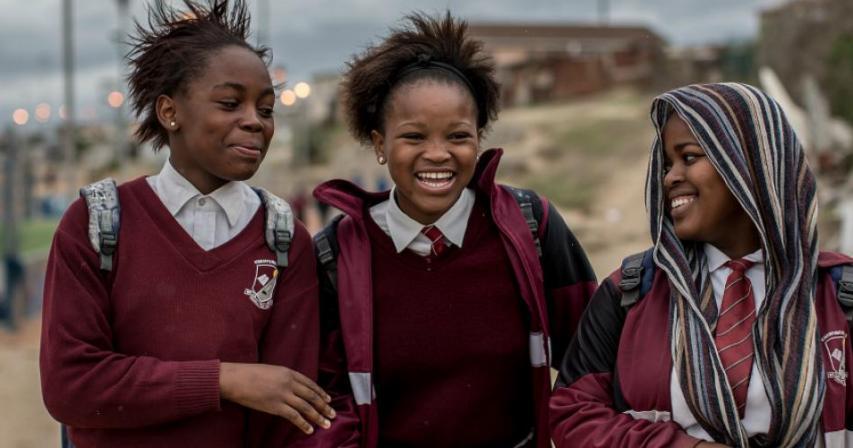
Today’s more than 1.1 billion girls are poised to take on the future. Every day, girls are breaking boundaries and barriers, tackling issues like child marriage, education inequality, violence, climate justice, and inequitable access to healthcare. Girls are proving they are unstoppable.
There are several ways to get involved:
• Share stories of inspiring adolescent girls or girl-led organizations who are developing innovative solutions or leading efforts towards positive social change, including gender equality, in their communities and nations. Let’s amplify their leadership, actions and impact to inspire others.
• Participate in a youth-led digital activation launching on International Day of the Girl. Young people across the world are developing a digital activism campaign, aiming to raise the diversity of girls’ voices and their vision for a reimagined future.
• Eliminate the economic exploitation of child labour and protect young girls at work.
• Eradicate violence against girls and promote girls’ awareness of and participation in social, economic and political life.
• Strengthen the role of the family in improving the status of girls.
Empowering women and girls and promoting gender equality is crucial to accelerating sustainable development. Ending all forms of discrimination against women and girls is not only a basic human right, but it also has a multiplier effect across all other development areas.
Progress for adolescent girls has not kept pace with the realities they face today, and COVID-19 has reinforced many of these gaps.
Under this year’s theme, “My Voice, Our Equal Future”, let’s all seize the opportunity to be inspired by what adolescent girls see as the change they want, the solutions- big and small- they are leading and demanding across the globe.


